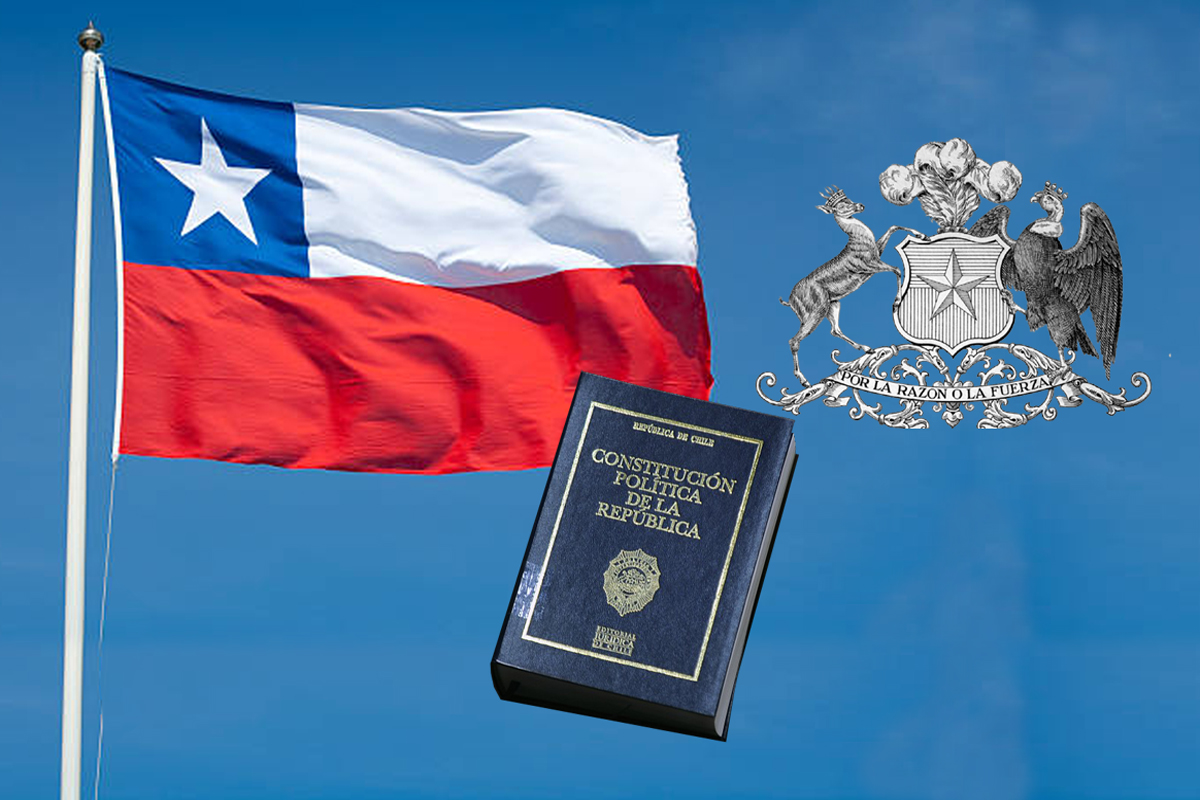RIO DE JANEIRO, BRAZIL – The new Chilean Constitution is finally beginning to take shape. In the early hours of Wednesday morning, the 154 legislators approved with more than two-thirds of the required votes the first 14 articles, all related to the Justice system. The texts reached the plenary of the Constitutional Convention after months of work in the commissions and must now pass the vote in particular of each clause. Only then will they become part of the Magna Carta, which must be ready on July 4. The first day concentrated on the Justice system and had as a novelty the recognition of the validity of the indigenous laws to solve conflicts. The right-wing, which was opposed, voted united and could not avoid the two-thirds that the left-wing and independent parties added.
It was a long day, with discussions lasting more than 15 hours. The president-elect, Gabriel Boric, who as a student leader promoted the call for a Convention to calm the street riots that started in 2019, celebrated on his social networks. “What a hope to see how Chile writes for the first time in its history a Constitution in a democratic, parity way and with the participation of native peoples. And this generates debate. Let us not be afraid,” he said. The text under discussion must be endorsed in a binding referendum at the end of the process. And once in force, it will have buried the current Constitution, approved in the 1980s by the dictatorship of Augusto Pinochet.
The day’s key was in the first two approved articles, which mention “legal pluralism”. According to the first article, that is, in the new Chile, justice will be imparted by traditional courts, but also by authorities of native peoples and other bodies. The second adds that the current Judiciary will coexist “on an equal footing with the Indigenous Legal Systems”. “It is the State’s duty to guarantee adequate coordination between the two, with full respect for the right to self-determination and international human rights standards interpreted interculturally,” the text says. The norm had 114 affirmative votes, 11 more than those required by the two-thirds rule, and 37 negative votes.

Christian Viera, coordinator of the Justice Committee, clarified that the articles establish principles but that their application will depend on discussions that are still pending. “The principle does not impose a rule. And this is relevant because they see a rule where there is none. The principles inform future rules, and future rules are what we are discussing right now in committee,” Viera said. Legislator Tammy Pustilnick wrote a long thread on Twitter where she warns critics that “national law will continue to apply to all inhabitants of the Republic, including for indigenous people, with the only difference that they will be able to be governed by their own law for certain matters and according to certain conditions and limits.” Countries such as Bolivia and Ecuador already apply mixed judicial models like the one Chile is now discussing.
The first day of voting made it clear that the profile of Chile’s new Constitution is in the hands of the left and the independent parties, whose representatives are the majority in the Convention. Despite voting united against, the right-wing could not prevent two-thirds of affirmative votes from being reached. Legislator Rocio Cantuarias of Colectivo Chile Libre complained that the ideas they defend as a collective “are not considered in the least”. It is evident, she said, that “everything is fixed and that we are an irrelevant group for the drafting of this Constitution”. His peer Teresa Marinovic said two-thirds are assured, except when the center-left parties do not coincide with those of the extreme left. “That is when the two-thirds fall. Even norms that one can consider as very negative or antidemocratic were approved with considerably more than two-thirds,” she lamented.

